Although I am an African, from Maputo, Mozambique, I was educated in international schools – Canadian International School of Egypt, Maputo International School and finally Princess Cinderella High School (located in Maputo), so the idea of being different was subjective. We were all “different”. We had different customs, different cultures, different religious beliefs, and naturally, since we belonged to different countries it could be deduced that we all looked different in one way or the other. We were never formally taught that these differences made one less or more than the other – that is, at least not in school.
“I have a crush on you, but I can’t tell my mom that I like a black guy.” I believe that is my earliest memory of experiencing first-hand discrimination. Whether it was my young age or my innate naivety at the time, I was not offended by this because I was taught to always reply with a smile. I think that is part of the problem.
“I have a crush on you, but I can’t tell my mom that I like a black guy.” I believe that is my earliest memory of experiencing first-hand discrimination. Whether it was my young age or my innate naivety at the time, I was not offended by this because I was taught to always reply with a smile. I think that is part of the problem. We live in a society that tells us it is okay to have preferences to hide prejudice and we teach others this too, which in turn normalises this act.
Also read: The ‘Brown’ Racists: How We All Have Internalised The Racism At Home
“Why don’t you ever grow your hair?” Never have I heard something reiterated so many times in my life. My problem was not with the question but rather with the intention and the connotations attached to it. To me, it is a manifestation of how the society chooses to police my hairstyle and thus, my choice, because it does not fit into the conventional narratives they have built around African bodies. This a question I find myself constantly tackling here in India. While I encourage people attempting to have a conversation with me about my hair and understand my choices better, but it is unacceptable racial profiling, no less, to expect every African or African-American to grow afros. I have felt a constant pressure to style my hair in a way that will please others and an even greater pressure to grow it. “Bro, just grow it once please.” “Bro, you’ll look so cool with an afro just try it.”
“Why don’t you ever grow your hair?” – Although mostly harmless, to me, this remark was also a manifestation of discrimination and how the society chooses to police my hairstyle and thus, my choice, because it does not fit into the conventional narratives they have built around African bodies.
I then think of what my African sisters, who have been brought up with nappy hair, would have experienced and will unfortunately go on to, given how, as George Floyd’s murder showed us, the world at large still seems inept in its understanding of racial discrimination. I think about all the different ways they are made to conform to societal pressure, to politely smile and stay silent to not instigate and all the different hairstyles they would have had to try out, to feel assured in some way or other, that their hair was magic. Why is it that the appropriate hairstyles from diverse cultures not just seen as a part of the culture and instead, projected as a “fast trend” or a “cool” hairdo one could try?
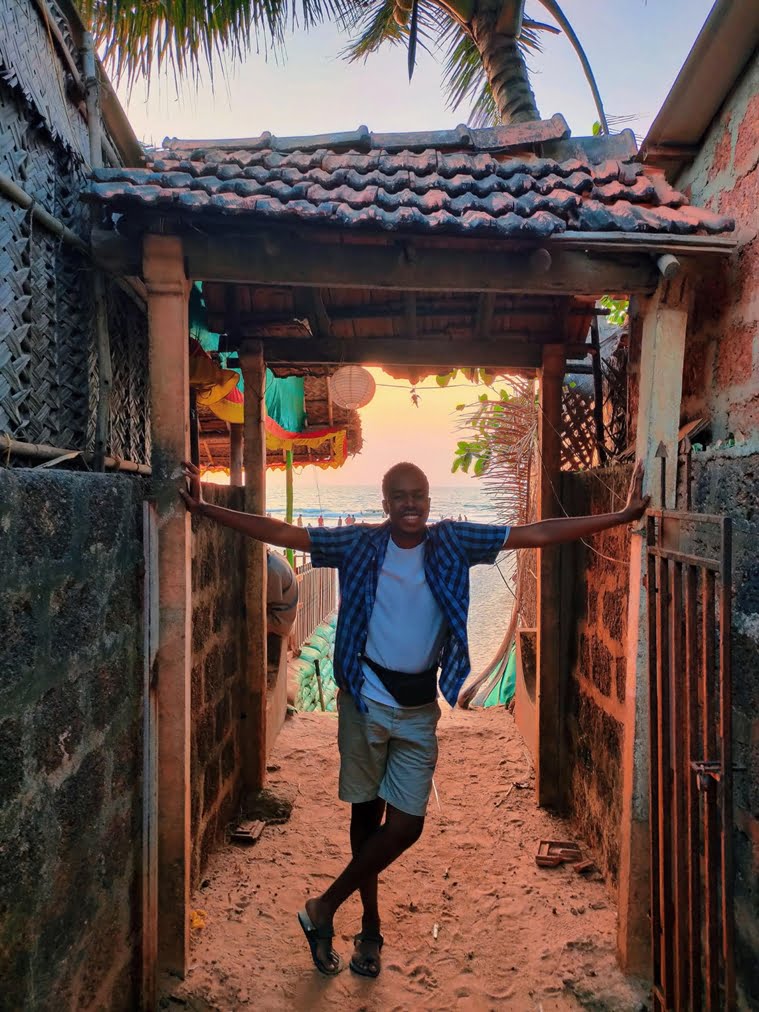
I am guilty of my silence. When my friends and acquaintances (who are not black) would dare usher the word, I would often myself refraining from responding, because for the longest while, I did not feel like being the spokesperson for all black people. It bewilders me how so many people, especially here, choose to use the word so casually – some even trying to make it their own, for instance: “nibba”. Their lack of understanding about the pain and the suffering at the root of the word shows.
Also read: #BlackLivesMatter And The Shameless Hypocrisy Of Bollywood
Meanwhile, what I had conditioned myself into believing and now, hope to unlearn are: “You are nice if you do not react when they call someone nigga.” “Nice guys let people touch their hair.” “Nice guys allow strangers to take pictures with them, even if it makes them feel awkward and even though they only want pictures with you because you look exotic to them.”
I am guilty of my silence. When my friends and acquaintances (who are not black) would dare usher the word, I would often myself refraining from responding, because for the longest while, I did not feel like being the spokesperson for all black people, thus only contributing to the racial discrimination through my silence.
We live in a society that appropriates black culture and profits from them. If the recent protests and social media uproar have taught us anything, it is that black voices deserve not only to be acknowledged but to be heard. And it is time that we stopped being nice to the extent of our identities being taken for granted.
Nicolas Nhalungo is a student pursuing B.Tech from a college in Kozhikode, Kerala from the past three years. He has traversed all the way from Mozambique in pursuit of better opportunities. He is an aspiring writer whose interests include mental health, intersectional feminism, pop culture, travel, fashion and sustainability. As someone who grew up privileged he pushes himself to constantly learn and unlearn by engaging with people of all walks of life. He can be found on Instagram.
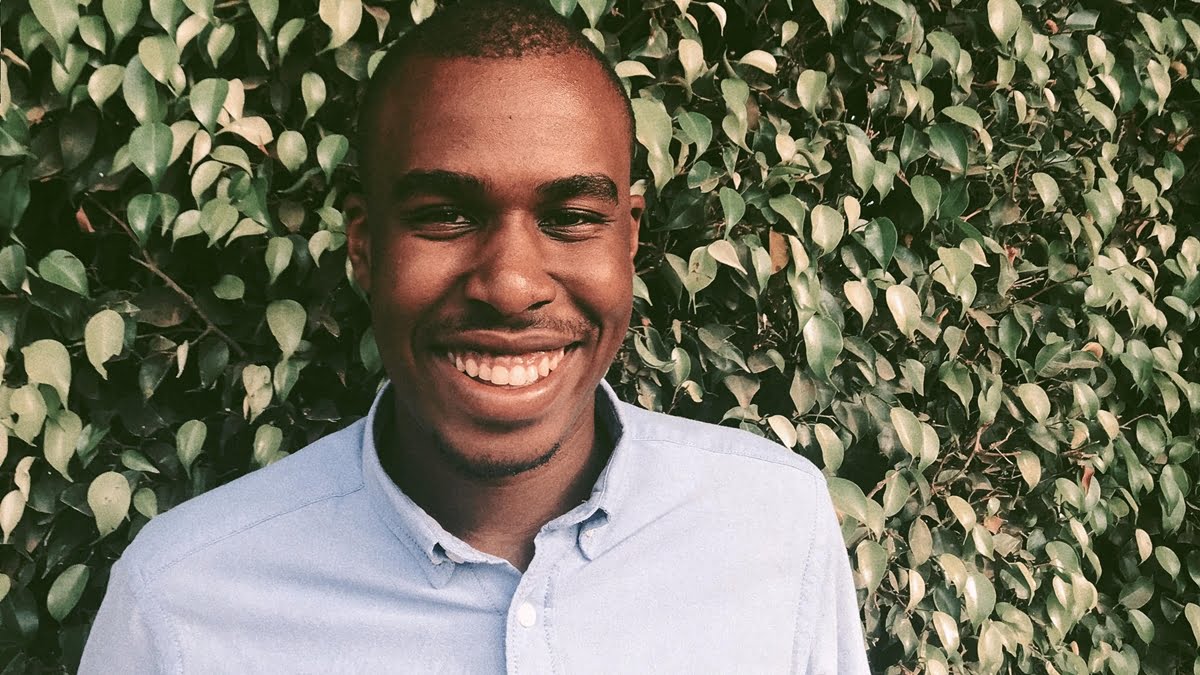
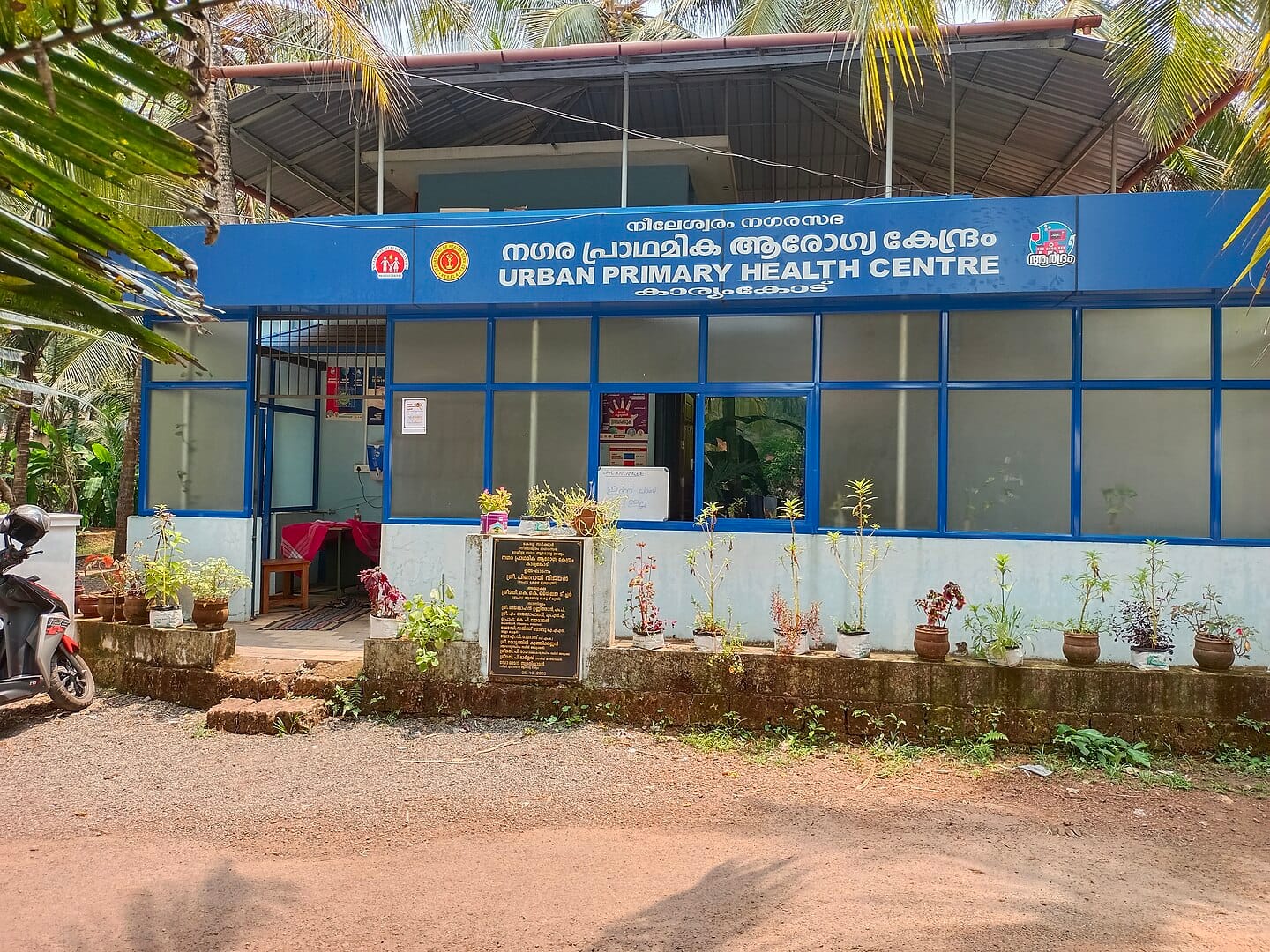
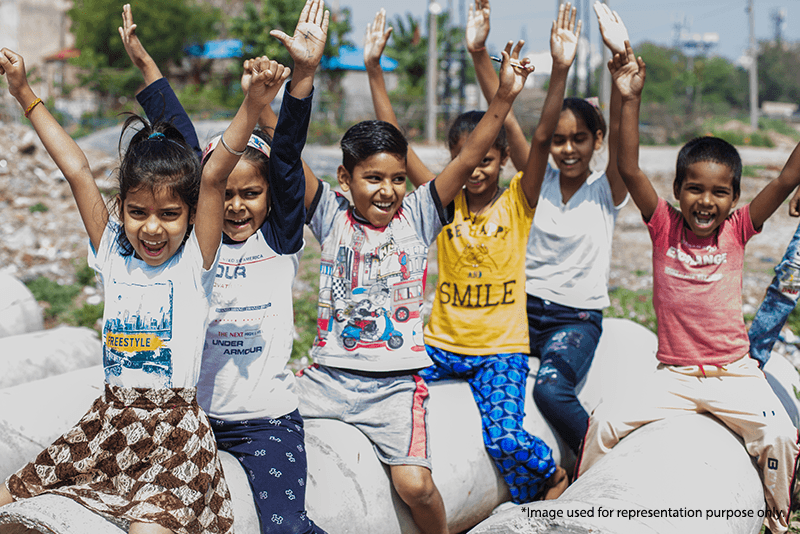
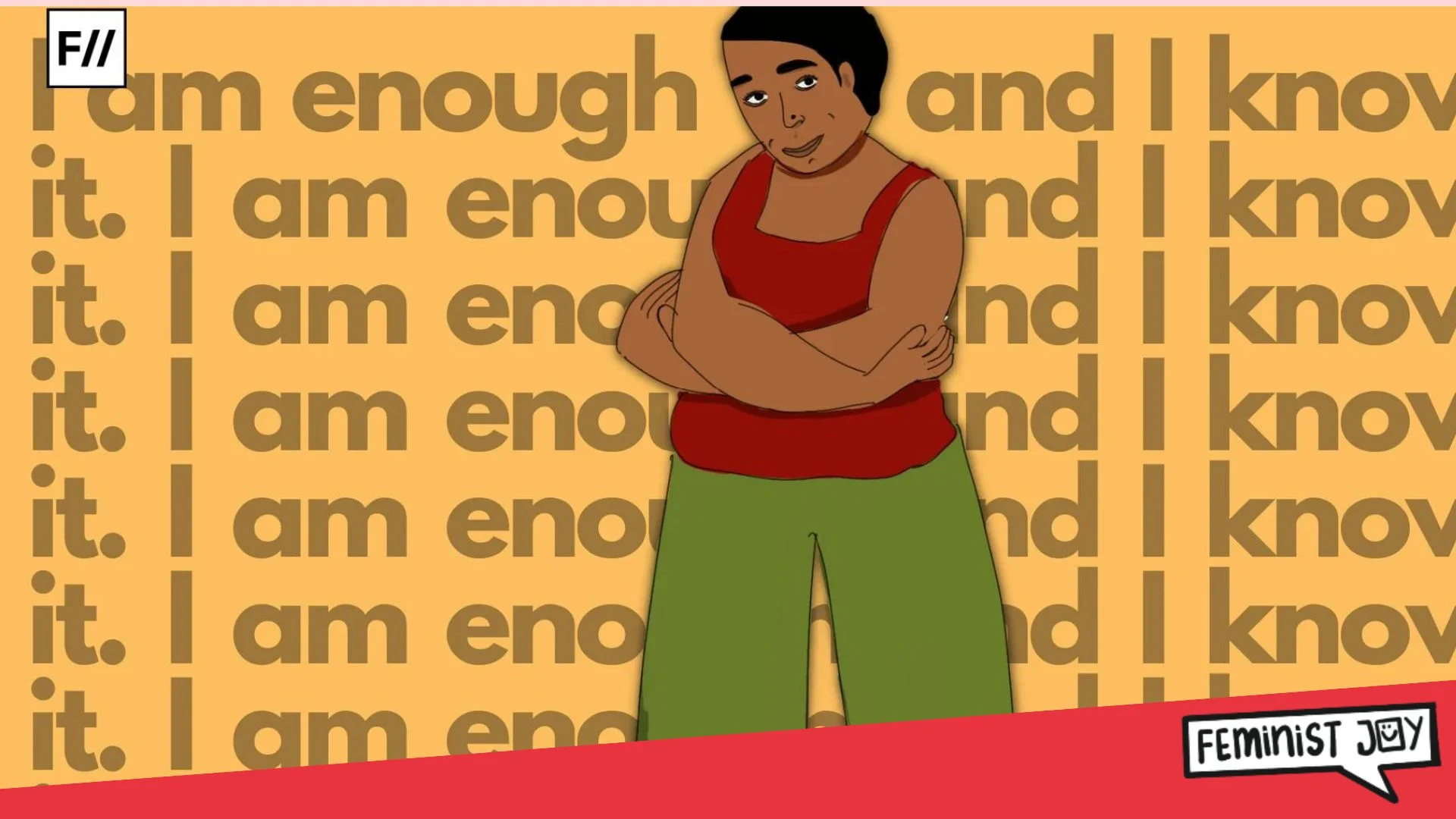

I can absolutely relate to you when people question our choice which seem different to them. And yes it is tiring to answer the same question sometimes everyday or a week .I face this all together for a different reason.
Sometimes people forget that each human being is unique and diversity is far beyond stereotypes.its high time we shed our pride and prejudices.
Good job Nick!!
This was beautiful ❤
??????